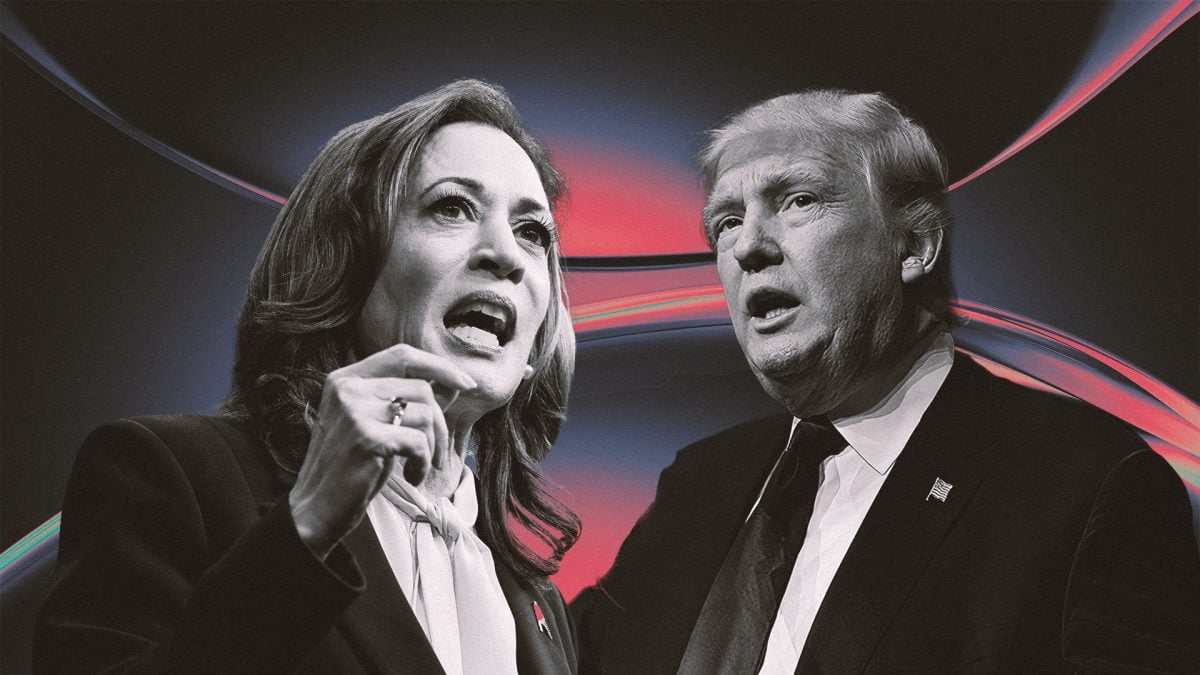In the dynamic world of decentralized finance (DeFi), governance plays a pivotal role in shaping the future and stability of platforms like Uniswap. Recently, the Uniswap community was presented with a significant decision: the ‘Uniswap V3 Fees: Factory Owner Amendment’ proposal. The proposal sought to empower Uniswap V3 Factory owners with the authority to enable the DAO to make future adjustments to the fee mechanism.
However, it was met with opposition, failing to pass with a 59.89% rate against it, as recorded on the Snapshot governance page. The decision marks a critical moment in Uniswap’s governance, reflecting the community’s priorities and its approach to managing change within the ecosystem.
The Proposal’s intent and community verdict
The core objective of the ‘Uniswap V3 Fees: Factory Owner Amendment’ proposal was to introduce a layer of flexibility and dynamism into the fee structure of Uniswap V3. By allowing Factory owners to delegate future fee adjustments to the DAO, the proposal aimed to enhance the protocol’s ability to adapt to evolving market conditions and user needs. However, the Uniswap community’s response to the proposal was clear, with a majority voting against it. The outcome underscores the community’s cautious stance towards changes that could potentially impact the platform’s operational integrity and long-term vision.
Super Jun, a prominent figure within the Uniswap community, downplayed the significance of the failed proposal, highlighting instead the success of a more critical proposal, the dividend proposal temperature test. The prioritization by the community leadership and members alike signals a strategic approach to governance, where emphasis is placed on initiatives that are deemed essential for the platform’s growth and stability. The rejection of the V3 Fees Amendment proposal, therefore, is not seen as a setback but rather as a reflection of the community’s collective wisdom and its commitment to prudent decision-making.
Governance Dynamics and Future Prospects
The dynamics of governance within the Uniswap ecosystem are complex, involving various stakeholders with differing perspectives and interests. ‘Lurenbil,’ a notable participant in Uniswap’s governance processes, offered insights into the community’s decision-making. According to Lurenbil, the proposal, spearheaded by Abdullahbumar from the University of Michigan Blockchain, was perceived as too ambitious, posing long-term risks to the Uniswap Foundation and its major stakeholders, including A16Z. The proposal’s aggressive design and the uncertainty it introduced were major deterrents for large token holders, ultimately leading to its rejection.
Despite the recent decision, the Uniswap community remains optimistic about the future. Lurenbil anticipates that the Uniswap Foundation will introduce a new dividend proposal within the next month, addressing the concerns and feedback from the community following the rejection of the V3 Fees Amendment. The forthcoming proposal is expected to be more aligned with the community’s expectations and the platform’s strategic goals, demonstrating Uniswap’s ability to adapt and refine its governance processes based on collective input and lessons learned.
The Importance of Community Engagement in Governance
The rejection of the ‘Uniswap V3 Fees: Factory Owner Amendment’ proposal highlights the critical role of community engagement in the governance of decentralized platforms. Uniswap’s governance model, which allows for community-driven proposals and decisions, embodies the principles of decentralization and collective action. The model ensures that changes to the platform are made with broad consensus, reflecting the diverse perspectives and interests within the Uniswap community. The recent decision is a testament to the community’s active participation in governance and its capacity to navigate complex decisions that impact the platform’s future.
Moreover, the community’s response to the proposal underscores the importance of balancing innovation with stability. While the proposal aimed to increase the protocol’s flexibility, the community prioritized the need for a cautious approach to changes that carry potential risks. The decision-making process reflects a mature and strategic approach to governance, where the long-term health and success of the platform are placed above short-term gains or experimental changes.
Conclusion
The Uniswap community’s decision to reject the ‘Uniswap V3 Fees: Factory Owner Amendment’ proposal is a significant moment in the platform’s governance history. It reflects a cautious yet strategic approach to managing change, emphasizing the importance of community consensus and the long-term vision of the platform. As Uniswap looks forward to future proposals and governance challenges, the role of its engaged and diverse community cannot be overstated. Together, they will navigate the complexities of decentralized governance, ensuring that Uniswap remains a resilient, innovative, and user-centric platform in the ever-evolving DeFi landscape.




